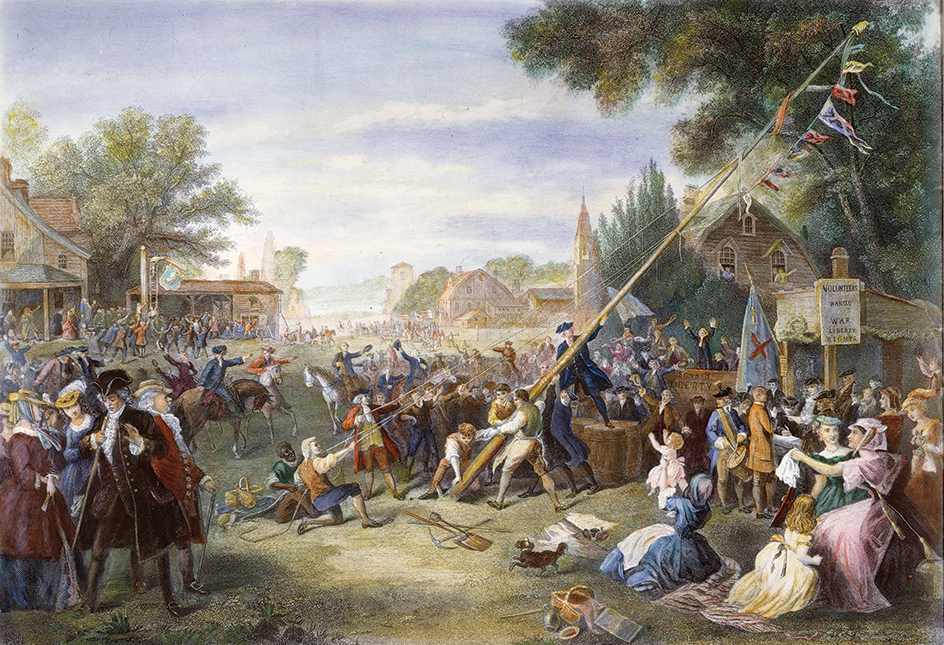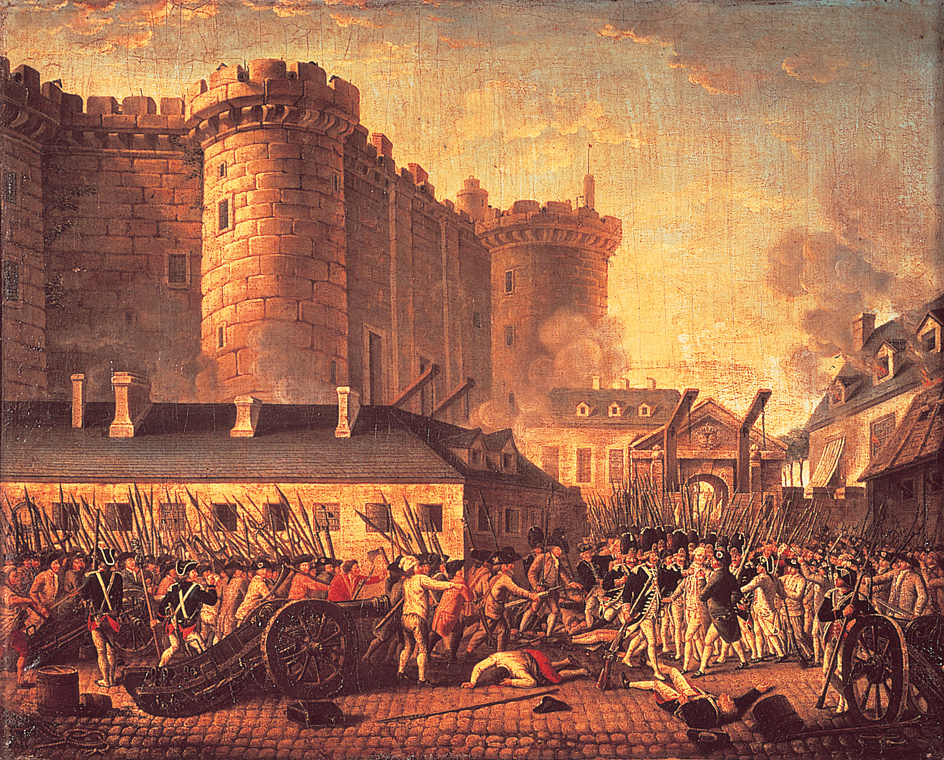July is the seventh month of the year, according to the Gregorian calendar, which most of the world uses today. It was the fifth month in the early calendar of the ancient Romans. The Romans called the month Quintilis, which means fifth. Later, the Romans moved the beginning of the year to January 1 but did not change the names of the months. Quintilis had 31 days. The Roman statesman Julius Caesar was born during Quintilis. In 44 B.C., the Roman Senate renamed the month Julius in honor of Caesar.
Many countries celebrate their national independence in July. In the United States, Independence Day is celebrated on July 4. On that day in 1776, the Continental Congress adopted the Declaration of Independence. In France, a similar holiday, Bastille Day, occurs on July 14.

Some people celebrate the harvest in July. In Barbados, the Crop Over festival runs through July. This festival originated when the growing of sugar cane was a large part of life in that country. When the harvest ended, farmworkers celebrated the crop’s being “over.”
Many Japanese honor their ancestors during the Bon Festival (Festival of Souls) from July 13-15. July 12 is Orangemen’s Day in Northern Ireland. England’s King William III (William of Orange) won the Battle of the Boyne in July of 1690. Rastafarians honor the birth of Haile Selassie I on the 23rd of the month.
July’s flowers are the water lily and larkspur. The ruby is July’s gem.

